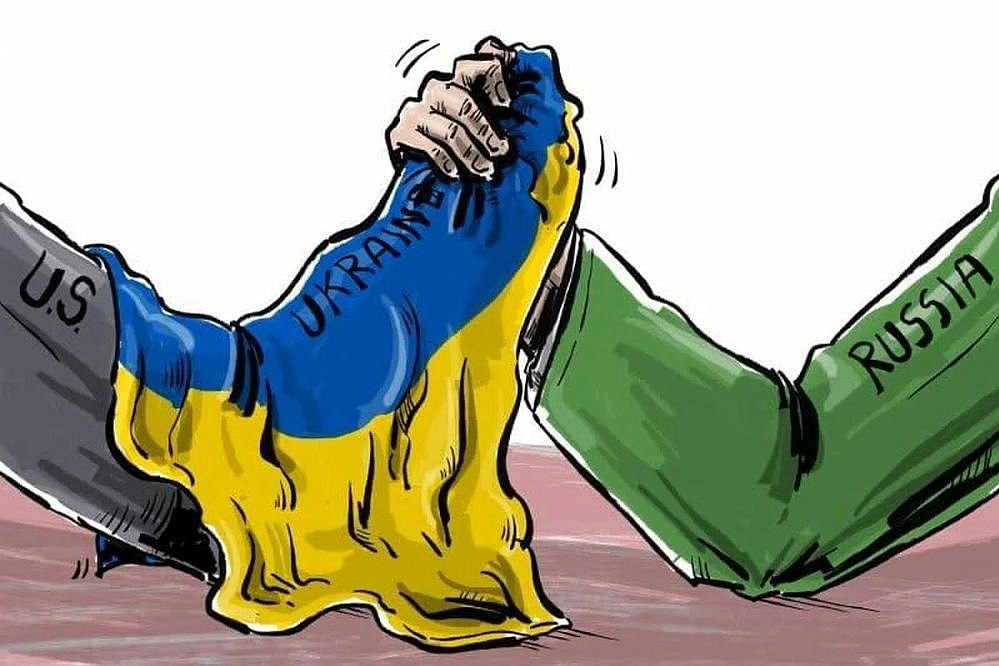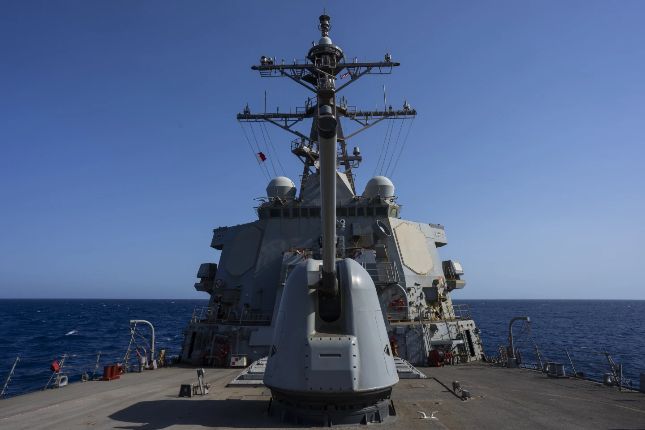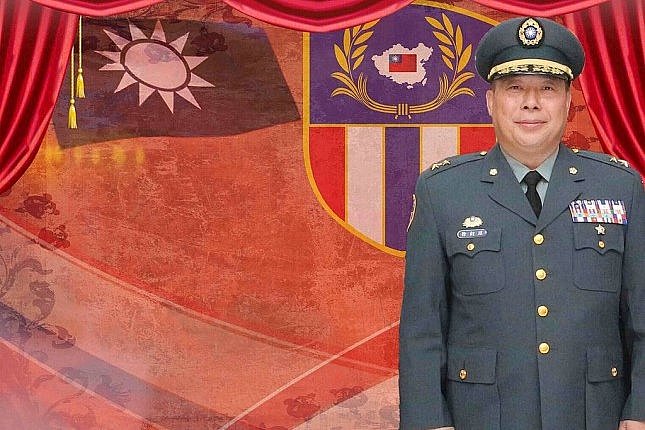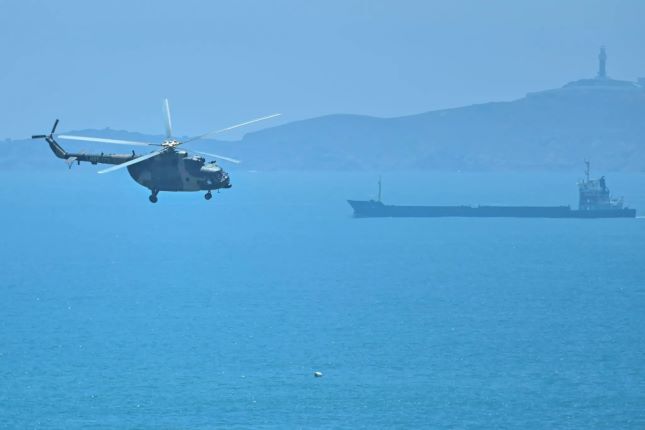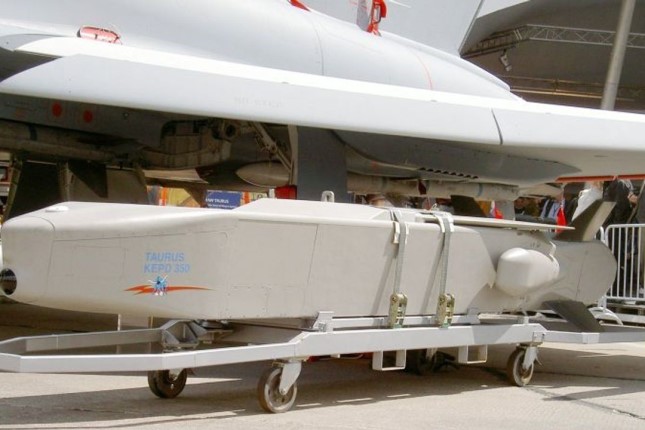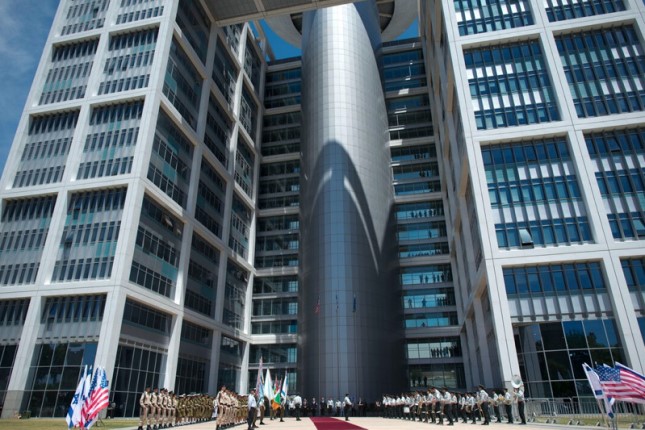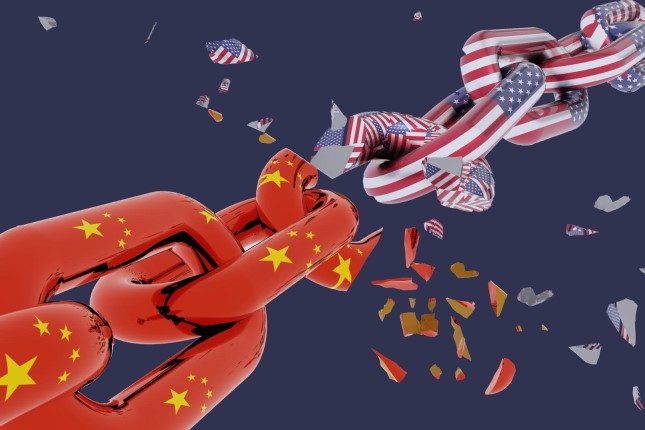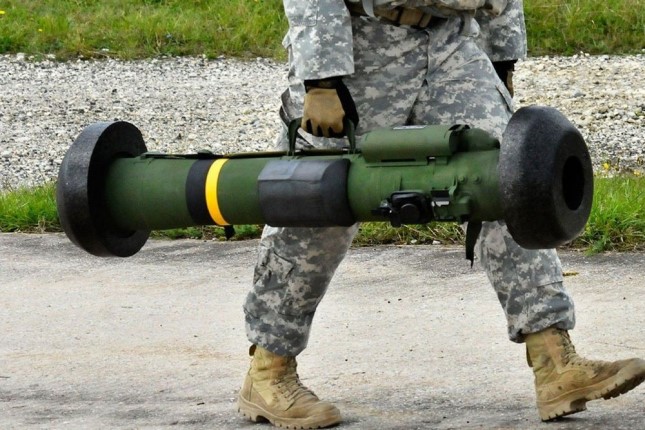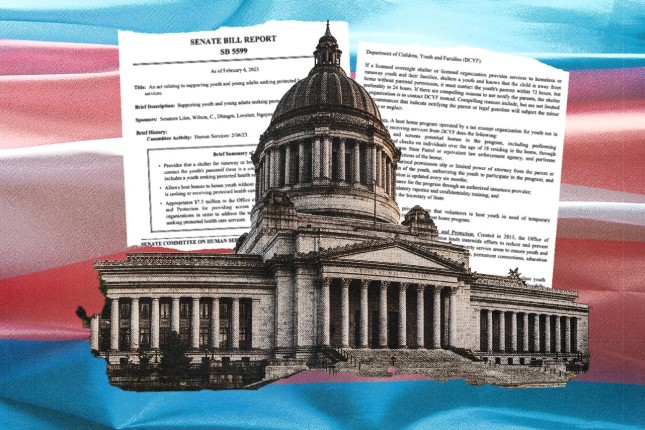Now the war is lost, and there is no choice but to negotiate. The article was the first major attempt to prepare the public for defeat in Ukraine.
Not to be outdone or left behind, less than two weeks later, the British paper The Sunday Times has published the British version, establishing the pattern of preparing the public for defeat.
Though the British version, like its American predecessor, is full of daring British accomplishments, its real, undeclared thesis is that if America did everything to achieve victory in Ukraine, the United Kingdom did everything to make what America did possible.
The New York Times piece credits Britain for managing “the logistics hub.” The British piece claims they did much more. It opens with the same drama as its American counterpart: “the extent of its involvement and influence – last-minute dashes to Kyiv, help forging battle plans and collecting vital intelligence on the Russians – has remained largely hidden. Until now.”
The Sunday Times claims credit for Britain for three pivotal roles in the war. The first is that they were the vanguard of the operation, the first to push many of the red lines. The UK “played a leading role in getting Ukraine the weapons it needed in the early days of the war.” Britain’s Secretary of Defense, Ben Wallace, we are told, was affectionately called “the man who saved Kyiv” by the Ukrainians. Later they would be the first “to provide Ukraine with long-range Storm Shadow cruise missiles to boost its chances of success.” Anti-tank missiles, tanks, long-range missiles “all happened as early as they did because of” Wallace and Britain.
But it was not just in sending weapons to Ukraine that Britain was the first. It was also the first to put boots on the ground. In its cheap novel narrative style, The Times says that the UK had “the derring-do to deploy troops inside the country when no one else would.” The UK, The Times reports, had boots on the ground in Ukraine from the beginning. Early on, London had sent “a few dozen regular British troops” to Kiev “to instruct new and returning military recruits to use NLAWs, British-supplied anti-tank missiles that were delivered in February 2022 as the invasion was just beginning.” Later, they would “secretly” send troops “to fit Ukraine’s aircraft with the [long-range] missiles and teach troops how to use them.”
While U.S. military chiefs would only go to Ukraine “on rare occasions… Britain’s military chiefs… were given the freedom to go whenever necessary.”
The second pivotal role claimed by Britain is that it was the brains of the operation. “Behind closed doors,” The Sunday Times reports, “the Ukrainians refer to Britain’s military chiefs as the “brains” of the “anti-Putin” coalition.” They helped in “forging battle plans and collecting vital intelligence on the Russians.”
The Sunday Times piece also flirts with familiar themes from The New York Times article, like the known risk of nuclear war and the incompetence of the Ukrainian government and military command that led to defeat. There was “nervousness,” we are briefly told, “that giving Ukraine increasingly heavy weaponry could escalate tensions with Russia.” The Russians “had been rattling the nuclear sabre.”
We are told that the United States and Britain had carefully planned Ukraine’s counteroffensive but that Ukrainian President Volodymyr Zelensky and General Oleksandr Syrsky, Ukraine’s ground forces commander, “had other ideas.” To emphasize again the thesis that the U.S. and Britain had done all they could and that defeat rests with the Ukrainian political and military leadership, The Times stresses that the U.S. was getting “frustrated” and “impatient.”
Though it again spends less time on these digressions, The Times also touches upon one of the more cynical aspects of The New York Times’ reporting. The New York Times reports that one value of the war in Ukraine is that it was “a grand experiment in war fighting, one that would not only help the Ukrainians but reward the Americans with lessons for any future war.” While “the Ukrainians were the ones fighting and dying,” the U.S. was “testing American equipment and tactics and sharing lessons learned.” The Sunday Times makes a similar cynical point: “Ukraine has paid a terrible price in defending themselves but they’ve also given us a window on modern warfare.” The UK would take “the lessons [they] learnt during the spring and summer of 2023 to the army, which [they are] seeking to transform into a more lethal, agile force.”
But the third and most pivotal role that The Times piece claims for Britain is that they played the role of mediator between the U.S. and Ukraine that kept the partnership together and made the war effort possible. “Most crucially,” The Times reveals, “as the Americans provided the ‘cream’ of the weapons to Ukraine and the precise targeting data to use them effectively, it was British military chiefs, under Operation Scorpius, holding Washington and Kyiv’s difficult relationship together.” Unreported at the time, while the Biden administration was “still presenting a faultless, united front with its Ukrainian allies… behind the scenes tensions had been mounting for months and by the early summer of 2023 had reached a point where they threatened to spiral out of control.”
At the point that “relations between the Ukrainians and Americans hit rock bottom,” British Admiral Sir Tony Radakin broke off “a long-planned holiday” and, telling Wallace that it was getting “too fractious,” said “he needed to get out to Ukraine to pull both sides together.” Radakin “would sit down with Zaluzhny, hear the Ukrainians out, and try to explain their perspective to the Americans.”
Britain’s mediation was a success. Its “diplomacy brought the two sides back together and in mid-August, Radakin, Zaluzhny, and [commander of US Army Europe and Africa] Cavoli met in person on the Polish-Ukrainian border. During a five-hour discussion, they thrashed out plans for the counteroffensive and plotted for the winter, as well as the following year. It was a sign that the Americans were not going anywhere soon.” Once again, Britain had saved the partnership and kept America in the war. This was a regular role for Radakin: “He was the person keeping the U.S. on side, and keeping the Biden administration leaning into Ukraine.”
The U.K. has done everything it can to help Ukraine win the war. It has provided “unwavering support” for Ukraine. It led the charge to send weapons and long-range missiles, and it put boots on the ground “when no one else would.” It was the “brains” of the coalition and brought “vital intelligence… to the table.” “Most crucially,” The Sunday Times tells us, the British provided the indispensable mediation that preserved the American-Ukrainian relationship and kept America in the war and the war effort and the partnership possible.
There is a pattern emerging in Western mainstream media reporting of the history of the war. It is not Ukraine that did everything it could and the West who let them down with insufficient weapons and limits on their use. It is the West who did everything that it could and Ukraine who let them down by not following orders. The New York Times’ March article led the way, and The Sunday Times’ April article establishes the pattern. The undeclared purpose of all these top-secret revelations American and British officials are choosing to share with the press seems to be the preparation of the public in the West for defeat in Ukraine and preparation for whatever comes next.
Source: AntiWar.com.
